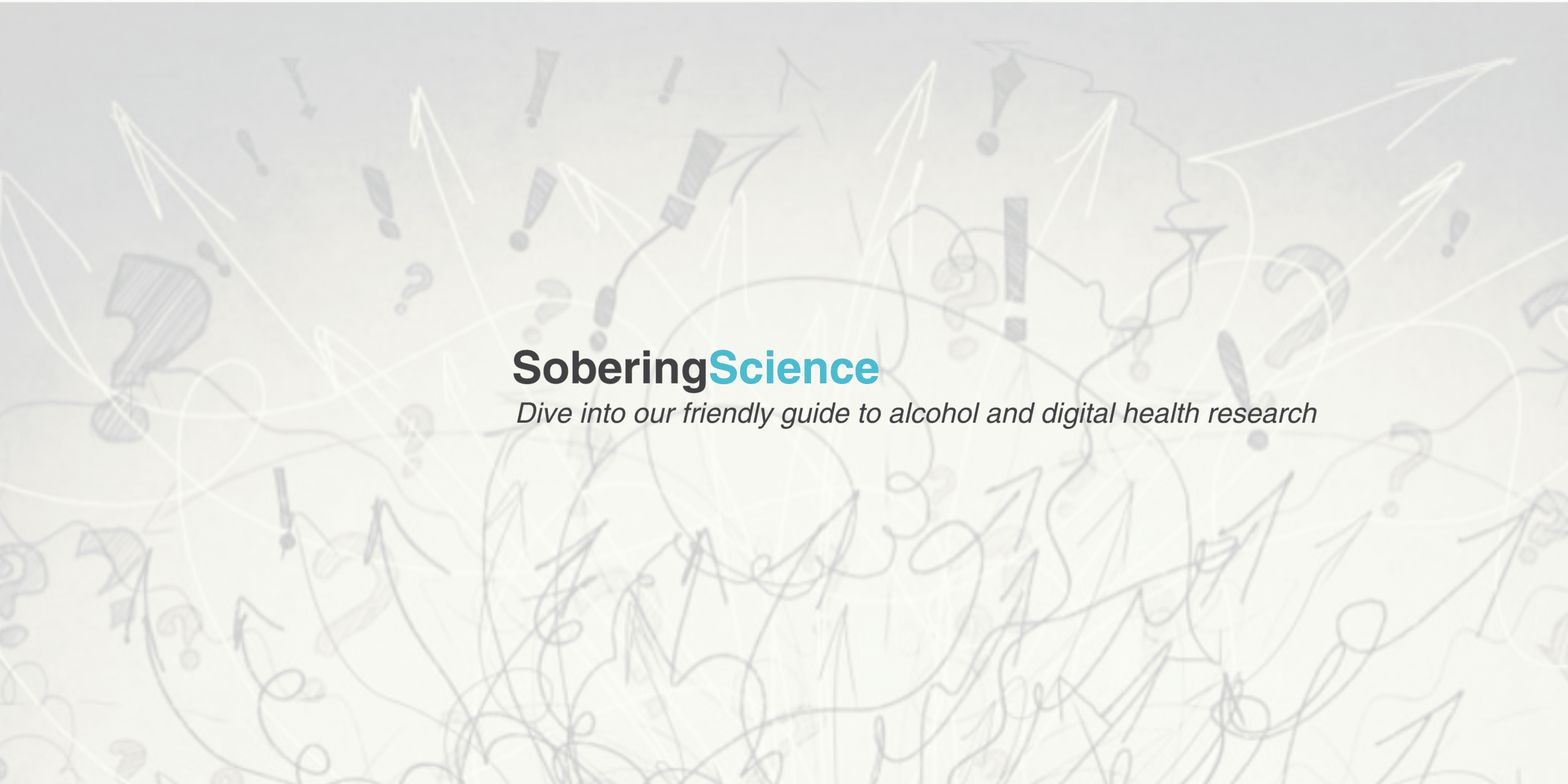
What role does alcohol play in your sex life?
Often when we think about drugs and alcohol, we can think about sex. After all, many casual encounters may have never happened without the benefit of liquid courage and, as alcohol causes our testosterone levels to rise, we will often feel more interested in sex when drinking or taking drugs. In addition to this, however, there are some other interesting links between the way we are using substances to manage our sex lives. Working as a health coach for clients who are using alcohol regularly and sometimes more than they intend to, I’ve come across some interesting ways that alcohol can be used in relationships and intimate lives – here are a couple that you might find interesting.
Avoiding Intimacy
In Emily Nagoski’s wonderful book Come as you Are, she describes several ‘brakes’ for sexual arousal for women – including body image and stress. For many other people, women and men included, the act of sex can be quite full on – even if it is with someone we know very well. After all, sex requires us to be physically, and emotionally vulnerable. Many people struggle with intimacy - since intimacy is partly to do with being 'seen'. Sometimes we don't necessarily feel comfortable with others seeing us up close - and this can be to do with issues with self worth, or issues in a relationship. Alcohol causes our brains to release GABA (a calming chemical) and block glutamate (anxiety causing chemical), as well as lower our inhibitions (by affecting our prefrontal cortex, or our ‘internal policeman’). Other substances affect the dopamine and serotonin systems in our brains, making us more open and loving. People who have ongoing struggles with intimacy might be more likely to use alcohol regularly as a way to make sex more comfortable for themselves – reducing their levels of anxiety and self- consciousness, but unfortunately also potentially affecting their own ability to feel pleasure. It’s a tricky line to walk, since alcohol can ‘release the brakes’ and lower inhibitions – but at the same time blunting some of the good stuff too.
Managing Shame
Just like intimacy, shame has a lot to do with sex, unfortunately. If we have had conflicting messages about sex, growing up, we might find ourselves stuck in a shame spiral in those moments – wanting to be present and engaged, but feeling paralysed by the emotion of shame – about our bodies, our behaviour, or a lack of arousal or excitement. Even our society has some rather contradicting views about sex – for women, that we should want sex, but not too much, and preferably not with many different people, and for men, that they should always be up for sex, and if they aren’t then there is something wrong. Depending on our level of repression and internalised shame, these issues can pop up in sexual encounters, again depending on a person’s background. Again, the anxiety-reducing effects of alcohol are a balm for shameful thoughts and feelings, since it literally blocks our glutamate receptors – meaning what might normally make us anxious and uncomfortable when sober, might feel okay when we’re drinking – might feel a lot more than okay, in fact. Other drugs like amphetamine increase our subjective confidence, overriding those deeper emotions of shame and making it feel possible to do almost anything without concern of judgement – until the drugs wear off, of course.
Managing Libido
As people get older, there is often a mismatch in libido that occurs – for men and women this often occurs after female menopause, when sexual interest diminishes along with sex hormones. For many couples, this can be confusing and upsetting, and can even lead to a reduction in ‘platonic’ touch like hugs and kisses (since these might be misinterpreted by the more interested partner as an invitation, and then result in stress from being turned down). This isn’t something we talk too much about, but it is very common and can often result in the partner with a higher libido feeling rejected, lonely and unloved. For some people, alcohol is a way of ‘turning down the volume’ on these feelings of rejection or loneliness. In addition, alcohol, being a depressant, reduces our libidos and so can make the imbalance feel less significant. I have had several clients who eventually reveal to me that one of the reasons they are continuing to drink heavily is that it dampens down their libido, so they don’t necessarily feel like being intimate with their partners – and their advances aren’t getting constantly rebuffed. This kind of thing can be a tricky cycle, since often both partners end up feeling a sense of (you guessed it), shame and loneliness about the situation – as well as pressure and rejection.
Secondary Gain
In any relationship, there is the language that we speak, and then there is another, hidden language. Often when we look at dynamics in our relationships, we can find that there are some things that we do in response to what our partner is doing – perhaps as a way to redress an imbalance or to demonstrate that we are powerful or independent. Often drugs or alcohol can be used in this way – for example, in a relationship where one partner is constantly angry and critical, their partner might be regularly using alcohol to cope, but also to demonstrate some kind of choice or control in a situation. We call this process ‘secondary gain’ – where there is another, hidden benefit to a behaviour (another example might be staying out late – not only are we staying out late, but we are also causing our partner to feel worry and concern for us). In most relationships there are situations of secondary gain, and most are not too harmful – but often a substance issue can be detrimental to both the relationship and the person who is doing the drinking.
For all of these scenarios, it is clear that, as we know, relationships are hard work. Perhaps more than anything else in our lives, they require reflection, patience, communication and vulnerability – and at points this can feel impossible and overwhelming. When we consider drugs and alcohol as substances that, above anything else, are used to regulate our emotions and calm us down, it is understandable that they are used in so many ways in our close relationships, in particular when they are not going well.
So, where does that leave me?
So what is the answer? Unfortunately, there is not really any answer to this. If you have observed that some of these scenarios sound close to home, a good start is to reflect on the role substances play for you with these. If alcohol is making the issue worse– whether this is intimacy, loneliness or resentment – these are the real areas to work on. A discussion with your partner, or if this is too soon, a chat with a close friend, will help to gain clarity. Some sessions with a psychologist or relationship counsellor will likely help to iron out some of the issues – these might be by yourself or with your partner, depending on the situation. Often a good clue is if we suspect we’re relying on a substance to achieve something (e.g. struggling to have sex when sober, having cravings for a certain substance in a certain setting). For lots of people it’s not necessarily about giving up that substance forever, but more about understanding why it is needed in that moment.
If you’re interested in changing the role that alcohol is playing in your relationship, it might be helpful to speak to one of the health coaches at Daybreak about triggers and ways of changing some of these patterns. The Daybreak community is supportive, mature and non-judgemental, and it can often be helpful to read through others’ experiences of changing their relationships with alcohol.










Yes I can totally relate to lack of libido. I’m peri menopausal and I have no sex drive at all. My poor husband gets very frustrated and drinks more. We have both been heavy drinkers for some time now. I acknowledge the alcohol problem but he does not. It’s just a vicious cycle of blame.
I suspect I am homesick for Scotland. My drink of choice is Glen Moray Single Malt, from the NE Coast around Elgin. I find this helps balance my sense of place and connection to country. Scotland is a skewed land. Wrenched geologically between Newfoundland, the Scandinavian coast and England.
This article resonated with my
This article resonated with me
What about all the sex that should not have happened when drinking? Alcohol has contributed to instances where sex has happened when it definitely should not have, & this has caused all sorts of problems in my life 😞